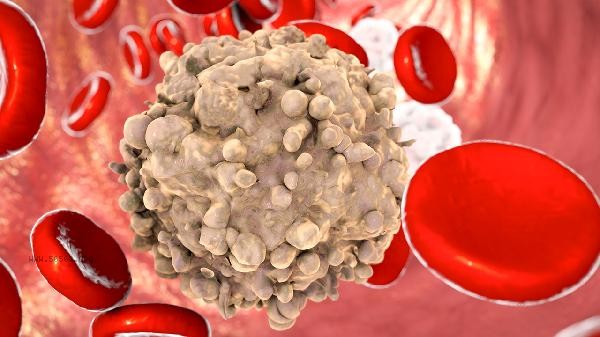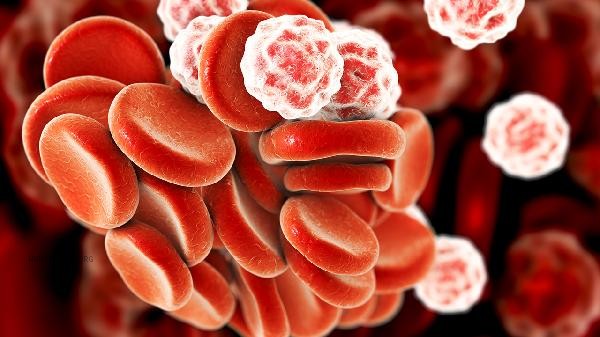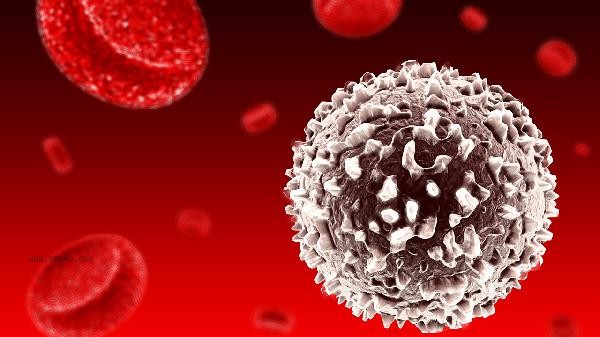White blood cell count of 1.9 × 10 ⁹/L lower than normal may lead to weakened immunity and increased risk of infection. The main consequences include recurrent respiratory infections, delayed wound healing, frequent occurrence of oral ulcers, and in severe cases, sepsis or sepsis. In rare cases, it is related to hematological diseases.

1. Increased risk of infection:
White blood cells are the core component of human immune defense, and the absolute value of neutrophils is usually lower when the value drops to 1.9. Patients are prone to bacterial or fungal infections, commonly manifested as recurrent fever, pneumonia, urinary tract infections, etc. Mild infection may progress to cellulitis or abscess, and the degree of infection needs to be evaluated through dynamic monitoring of blood routine and C-reactive protein.
2. Oral mucosal lesions:
The oral mucosal barrier function depends on the maintenance of neutrophils. Patients with leukopenia often experience stubborn oral ulcers, gum bleeding, or candidal infections, and difficulty eating may lead to malnutrition. It is recommended to use a soft bristled toothbrush, avoid irritating foods, and conduct oral microbiota testing if necessary.
3. Delayed wound healing:

Low white blood cell status can prolong the tissue repair cycle, and minor skin damage may lead to secondary purulent infections. Postoperative patients need to pay special attention to incision nursing. diabetes patients are at higher risk when combined with this situation. It is necessary to strictly control blood sugar and use antibiotics prophylactically.
4. Systemic infection:
When white blood cells remain below 1.5 × 10 ⁹/L, the risk of sepsis significantly increases. Symptoms include chills, decreased blood pressure, and organ dysfunction, requiring immediate hospitalization for blood culture and broad-spectrum antibiotic treatment. Chemotherapy patients with this condition should consider neutropenic fever.
5. Potential blood diseases:
Long term leukopenia may indicate hematopoietic system diseases such as aplastic anemia and myelodysplastic syndrome. When accompanied by anemia or thrombocytopenia, it is necessary to complete bone marrow puncture and chromosome examination to clarify the cause, and some cases require hematopoietic stem cell transplantation intervention. Patients with leukopenia should maintain dietary hygiene, avoid raw and cold foods, and consume sufficient amounts of high-quality protein such as fish and eggs daily. Regularly ventilate and disinfect indoors, and wear masks when going out. Moderately engage in low-intensity exercises such as Tai Chi and walking, and avoid crowded places. When experiencing persistent fever or fatigue symptoms, it is necessary to have a blood routine check and seek medical attention within 24 hours. For leukopenia caused by chemotherapy or radiotherapy, recombinant human granulocyte colony-stimulating factor can be used under the guidance of a doctor to promote hematopoietic recovery.










Comments (0)
Leave a Comment
No comments yet
Be the first to share your thoughts!